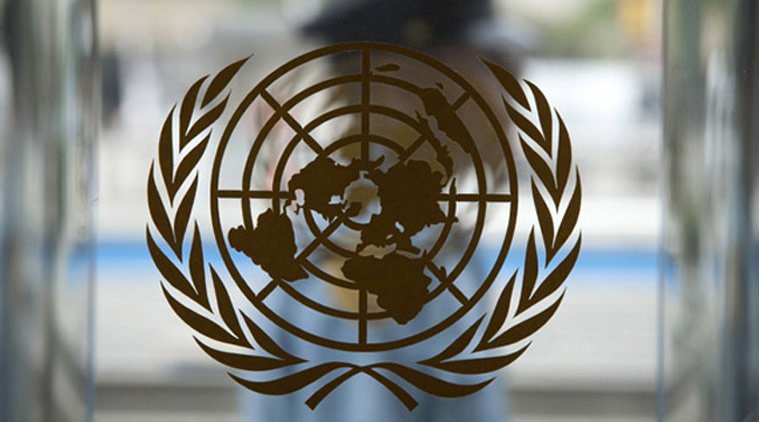Statementby Dr. Vladimir Shin, Deputy Director of the Department of International Information Security of the MFA of the Russian Federation, on draft resolutions submitted by Russia during action phase on Other disarmament measures and international security in the First Committee of the 77th Session of the UNGA
Mr. Chair,
Distinguished Colleagues,
We are convinced of the need to consolidate the international community around a creative, constructive agenda in order to preserve and improve the existing system of agreements in the field of arms control, disarmament and non-proliferation. Guided precisely by these goals we submitted draft resolution L.66 “Strengthening and developing the system of arms control, disarmament and non-proliferation treaties and agreements” for consideration by the First Committee of the UN General Assembly. We are disappointed that the draft resolution has once again been put to the vote. This was done, apparently, for purely political reasons, since we fully took into account all the proposals received to correct the text.
The Russian Federation invariably stands for ensuring international information security on a solid legal basis, drawing on the principles of the sovereign equality of States and non-interference in their internal affairs. For these purposes, every year since 1998, we have submitted a draft resolution “Developments in the Field of Information and Telecommunications in the Context of International Security”.
This year is no exception. The purpose of document L.23 submitted by Russia is to secure the role of the Open-ended Working Group (OEWG) as a key negotiating platform for the entire range of issues related to security in the use of ICTs under the UN auspices and to ensure the continuation of negotiations in fulfillment of its mandate. The draft resolution encourages States to further develop national initiatives on security in the use of ICTs within the framework of the OEWG. It contains specific provisions for capacity-building. It reinforces the need to decide on the future format of regular institutional dialogue on this topic within the existing Group. Moreover, the new mechanism can be launched only upon completion of its activities in 2025.
Our document is simple and clear. It is factual, non-confrontational and depoliticized in nature. It is based on the provisions of the UN General Assembly resolutions previously adopted by Member States and on the consensus reports of the OEWG. The document complements and reinforces Singapore's draft decision to endorse the Group's first progress report, and welcomes the Chair's tireless efforts, which we fully support. Any attempts to present our initiative as undermining the work of the OEWG and its chair are untenable and do not correspond to reality. A loving parent will not harm their child.
The same cannot be said about our Western colleagues, whose words are often at odds with their deeds. While publicly declaring their full support for the activities of the OEWG, in reality they are promoting an alternative document aimed at replacing the Group with a format that meets their interests. Simultaneously, they are trying to erase from the Russian draft resolution the key points on maintaining the central role of the OEWG and other fundamentally important provisions on the prevention of conflicts in information space and the development of legally binding norms. Are these items, like the draft resolution as a whole, put to the vote only because Russia is the author?
We regret that the agenda of international information security is becoming more and more politicized every year. As you can see, this is by no means our fault. When making decisions, it is important to rely on the long-term national security interests of States, and not on momentary geopolitical circumstances.
We call on the UN Member States to support the Russian draft resolution as a whole and each of the disputed points. A vote for our document is not a vote for Russia, but a vote for the continuation of the constructive work of the OEWG and result-oriented negotiations in the interests of strengthening peace and security in information space. Now, just as at the time of the creation of the Group, it is important to unite in defense of this mechanism, which is the asset of the entire world community.
Thank you for attention.
